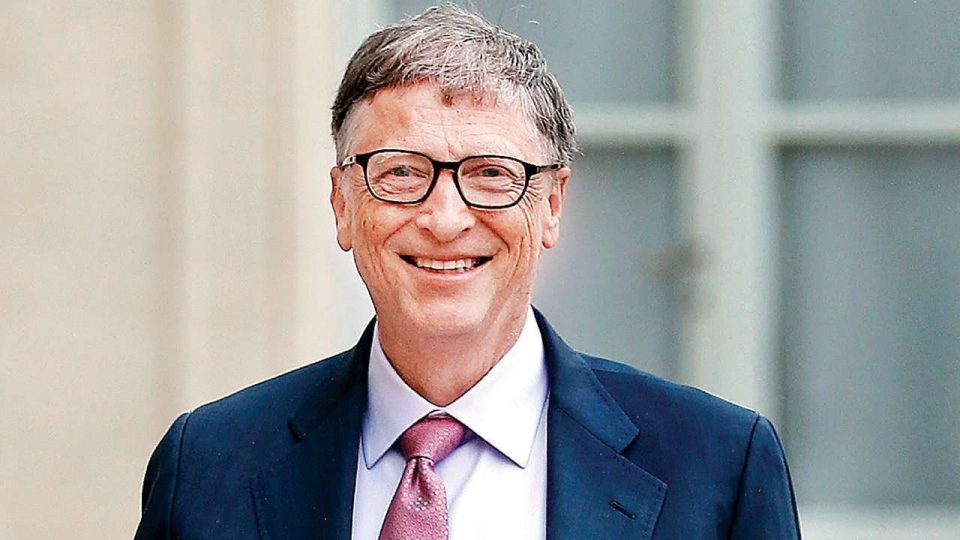
Renowned Anthropologist, Goodall: People Shouldn’t Dream to be Like Bill Gates
World-renowned anthropologist Jane Goodall has said young people should be striving towards different standards of success, besides money and fame.
Speaking to CNBC from last week’s CogX conference, Goodall said young people shouldn’t be looking to become “another Bill Gates,” when asked how they should measure their success.
“Nobody needs that much money,” said Goodall. “I mean, think of Amazon and (CEO) Jeff Bezos. He doesn’t need all that money.”
Bezos and Microsoft Co-Founder Gates are the first and second richest people in the world respectively, according to Forbes. But Gates is also known for his philanthropy, having founded the Bill & Melinda Gates Foundation in 2000 with his wife. It recently pledged $1.6 billion to global vaccine alliance Gavi amid the coronavirus crisis.
Meanwhile, Bezos launched the Bezos Earth Fund in February, with a $10 billion donation and the $2 billion Day One Fund in 2018. He also recently donated $100 million to Feeding America’s Covid-19 Response Fund.
Goodall, who is famous for her groundbreaking study on chimpanzees, said young people should aim to do something they are passionate about. But she also said we should make room for “different standards of success.”
“Success is, yes, getting the career you want, getting the job you want, getting the kind of life (you want),” she said. “I mean, maybe you want to raise a family and be a mother and be at home — that shouldn’t be sneered at.”
Goodall said she had learned from the chimpanzees she studied about how crucial parental support is in the first couple of years of a young chimp’s life in determining their future.
“Those offspring we now know after 60 years do better,” she explained.“The males reach a higher position in the hierarchy, probably more sire kids. And the females (as) mothers … probably raise more kids.”
Goodall is perhaps best known for her observation in 1960 that chimpanzees used grass to fish ants out of a colony to eat, a discovery that debunked the widely-held belief that humans were the only species to use tools.
Goodall said she had been approached by quite a few young people who said they wanted to be “successful and famous” like her, asking for advice as to how they could achieve this.
“I said: ‘Well first of all, that shouldn’t be your goal in life,’” she said.
“I said: ‘You think I wanted to be successful and famous?’ I wanted to find out about the chimps, yes. I was told I needed to get PhD so I worked very hard to get it to please (British paleoanthropologist) Louis Leakey.”
She added: “But you know, if I’d thought I’d have this kind of status that I have now, I probably would have quit then and there.”
Leakey initially hired Goodall as his secretary. She joined him on expedition in Tanzania in the late 1950s and he then helped get her into the University of Cambridge, where she enrolled on a PhD course.
While studying, Goodall was dismissed by fellow academics for using what were considered unorthodox research methods, in giving chimpanzees names and describing their emotions.
But the conservationist said she overcame naysayers by following her mother’s advice of pursuing your passion and working hard at it.
“And if people criticize you, try not to pay attention to them,” she said. “And … I know that for some women today, it’s very difficult to break into the man’s world.”
But the only way to prove yourself, she said was to “produce really good results” and that you’re “qualified to have an equal footing.”

